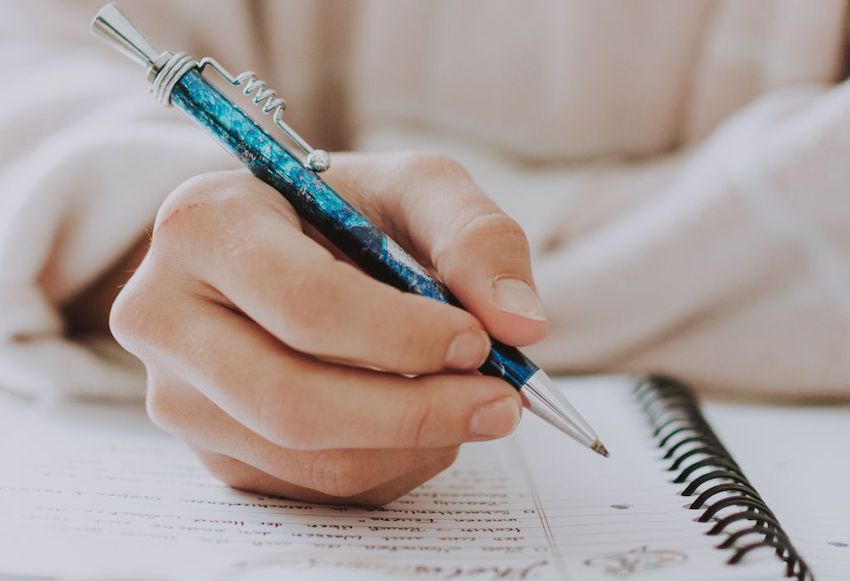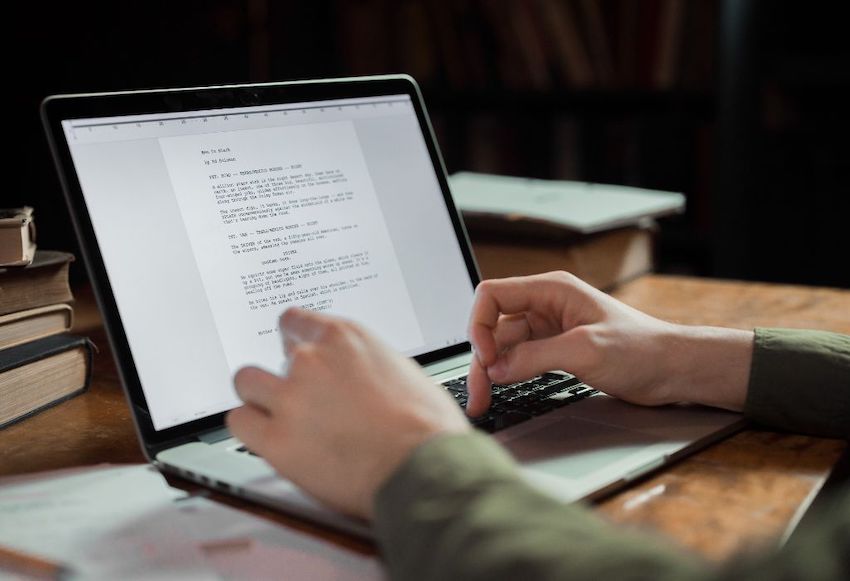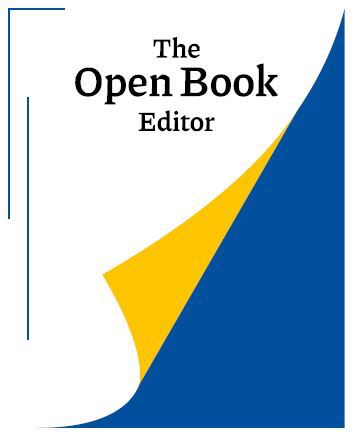You have a great idea, a rock-solid outline, and have taken the time to build a believable world. You’re ready to write a book! But even with a solid foundation, it can be tough at times to finish your first draft.
You’re not alone, even the most experienced authors can hit this proverbial wall. As a writer, it should be a habit to finish your first drafts, even when they’re not the best (most first drafts rarely are!). If you quit every time you lose interest or hit a snag, you’ll never finish a project.
Feeling frustrated by writer’s block and not sure how you’ll finish your first draft? Below, we share with you some expert insights into how to get that rough draft done.

What is a rough draft?
A rough draft is the first iteration of your novel. Your aim with your first draft is to get all the main pieces of the story down in a coherent way. Keep in mind that your rough draft is never your final draft. Rather, this is the unpolished version that you are going to use as a springboard to take your story to the next level. Once you finish your first draft, you will need to go through several rounds of editing your book before it’s in any sort of shape to be published.
Do I need a rough draft?
Absolutely…and it’s sort of inevitable. The rough draft is where you assemble the bones of your story and figure out your characters and plot. Look at a rough draft as a road map for how you’ll arrive at your final destination (i.e., your final draft). No novel is published without first being a rough draft. And even if you are editing as you write, or are trying to write a polished first version, you should still consider it a rough draft because there will be changes you’ll have to make later. Regardless of how careful you are, you will still need to do a lot of editing. If you don’t think this applies to you, we strongly recommend you reach out for a free sample edit; it won’t cost you a penny and it will show you some of the things you’re overlooking.

How to finish the first draft of your novel
1. Write just for you
The best way to get in the right mindset to write (and finish) your first draft is to focus on writing for yourself. Prolific author Stephen King said it best:
“Write with the door closed, rewrite with the door open. Your stuff starts out being just for you, in other words, but then it goes out. Once you know what the story is and get it right — as right as you can, anyway — it belongs to anyone who wants to read it. Or criticize it.”
Essentially, to finish your first draft, you need to write like no one but you will read it. Don’t worry about grammar issues, spelling errors, or other mistakes. This is all fixable later while you’re editing your book. In the early stages, just focus on keeping your momentum going so you finish your first draft (writing with the door closed). After you self-edit, rewrite with the door open (using feedback from beta partners or a professional book editor).
2. Develop a writing routine
Having a daily writing routine can be invaluable for helping you finish your first draft. When you look at a book as a whole, it can seem overwhelming; 90,000 words is a lot! But, if you structure your writing time into your daily life, you’ll be surprised by the progress you make.
Obviously, not all of us can write full time or dedicate hours every day to writing. Create a routine that works for you and that will get you to your goal of finishing your first draft. This can be anything from writing for thirty minutes every day to writing for longer stints at the weekends. Use a focus app, like Forest or Freedom, to help limit distractions so you can make each minute count!
3. Don’t write linearly
You can write linearly if you like (and if that works for you) but it’s not necessary for your rough draft. If you hit a wall and don’t know how to push forward in the story, a good approach might be to move to another point in your manuscript and work on that.
This can mean jumping further forward to write a few chapters, or writing the final chapter so that you have a clear vision of what you’re working towards. If you run into a plot hole or are struggling to find inspiration, try going back a few scenes or chapters to rethink your approach. Maybe something needs to happen differently in the past so that the story comes together better in the future!
4. Don’t be afraid to start over
This may not be the advice you want to hear, but it’s okay to start over. Sometimes, a writer can’t tell whether a story-telling technique will work until they’re in the midst of their rough draft. For example, maybe you realise halfway through that you have too many (or too few) characters. Or maybe you’re writing in third person and realise first person will work better.
It’s okay to try it another way. This can be tough, but it’s worth remembering that what you’ve already written isn’t a waste. Most likely, you’ve learned a lot about your world, characters, and story and you’ve become a better writer in the process, too. It’s all a part of the writing life!
5. Don’t let perfectionism get in your way
Perfectionism can be one of the biggest barriers to finishing your first draft and is often fear in disguise. It can lead to procrastination (“I won’t start writing until xyz is just right”) and have an impact on your creative mental health, too.
For this reason, it’s best to avoid going back to do edits or rewrites while you’re still writing your rough draft. Otherwise, you risk entering a loop of perpetually making changes / creating new versions of your manuscript. This will make it difficult to finish your first draft.

What if I STILL can’t finish my first draft?
While it’s important to develop the habit of finishing your first drafts, keep in mind that you don’t always have to do it in one go. If you’re still struggling after trying these tips, it’s okay to set your manuscript aside and focus on something else. Forcing yourself to work on a project that just isn’t clicking could make you hate the book (or writing) and isn’t conducive with helping you finish your first draft. So, put it aside, read some books or work on a fresh project, and come back to it when you feel ready.
Writing a first draft can be exciting and daunting in equal measure. It’s normal to feel overwhelmed at times—writing, finishing, and putting your book out there is a very vulnerable process.
But, you don’t have to go about it alone. It always helps to have people you can talk to who understand the ups and downs of the writing and publishing world. Try joining a writing group or, if you’re into a more one-on-one approach, give author coaching a go. These are wonderful, safe spaces where you can find guidance, support, and yes, even the motivation to help you finish that amazing first draft!


